Why Ingredient Integrity Matters in Skincare
Do you want microplastic in cosmetics?
- “Clean Beauty” Isn’t Always What It Claims to Be
You’ve probably seen the claims plastered across packaging:
❌ No parabens
❌ No sulfates
❌ No mineral oils
❌ No synthetic fragrance
Sounds reassuring, right? But what if that’s just the start?
In today’s beauty industry, these surface-level claims have become the norm - while harmful chemicals lurking beyond the surface. Key one: microplastic.
Yet real skincare integrity goes deeper.
At NAYA, we believe your skin — and the ecosystems we’re part of — deserve more than buzzwords.
What Is Ingredient Integrity?
Ingredient integrity means choosing every raw material with intention — based on how it impacts:
- Your long-term skin health
- The environment, especially our waterways
- The efficacy of your skincare over time
- The transparency of how we create every product
It’s not about perfection. It’s about purpose.
We don’t formulate to ride trends. We formulate to build trust — through science, craftsmanship, and a deep sense of responsibility. We pave the way and our craftmanship is unique in the cosmetics and skincare industry.
Why “Clean Beauty” Isn’t Enough Anymore
Let’s be clear: the term “clean beauty” is not legally defined. It's been always a Marketing term to consciously mislead you.
That means any brand can claim anything — no matter what’s in their formula. Many “clean” beauty products still contain microplastic in their sunscreen and microplastic in their skincare:
- ❌ Microplastic polymers like Carbomer, Acrylates, Polyquats
- ❌ Silicones like Caprylyl Methicone, Polymethylsilsesquioxane
- ❌ Petrochemical SPF boosters like Butyloctyl Salicylate
- ❌ Non-biodegradable thickeners and synthetic polymers
These may improve spreadability, water resistance, or texture. And they are cheap - but they come at a price. They often don’t support skin health, and they pollute our environment and ultimately us.
This is where the “clean beauty vs real skincare” debate matters. What’s really in clean beauty products? Sometimes, more than you’d think but what you don't want.
🧪 EU Microplastics Ban 2027 — A Turning Point
But how to find microplastic-free beauty products? Or skincare without microplastic? As for a consumer this isn't an easy task.
In September 2023, the EU passed a landmark microplastics regulation. By 2027, cosmetic products containing non-biodegradable, intentionally added microplastics will be banned.
What will be affected?
Any leave-on skin care products — from moisturisers to lip balms and sunscreens — must eliminate microplastic:
- Acrylates / Carbomers / Polyquaterniums
- Styrene copolymers
- Other synthetic polymers that do not degrade or bio-transform
Even “clean” skincare brands still use these today and do so happily.
At NAYA, we’ve been formulating microplastic-free skincare since the very beginning — because our standard isn’t based on what’s allowed. It’s based on what’s right. For your long-term skin health and for the environment we call home. Earth Day isn't just ONE single day in a year - it should be every year. And I started NAYA to show that one can run a business and do so with a purpose.
💡 Microplastics in Skincare Are Not Just an Environmental Threat
They’ve now been found in:
- 🍼 Breast milk
- 💉 Human blood
- 🧠 Human Brain
- 🌬️ Our lungs
They’re not just in the ocean or coral reef zones — they’re inside us.
This isn’t fear-mongering. It’s fact. And it demands that the cosmetic industry finally shifts toward environmentally friendly and ingredient-conscious skincare.
What We Choose Instead at NAYA
We don’t just remove questionable ingredients. We replace them with functional, sustainable skincare ingredients that serve both skin longevity and the planet.
🚫 Avoided
- Acrylates, Carbomers
- Silicones
- Polyquats
- Petrochemical esters
- Cheap thickeners
- Trendy fillers
✅ NAYA Chooses
- Pullulan, upcycled starches, biotech ferments
- C13-15 Alkane (plant-based alternatives), Coco-Caprylate
- Lamellar lipids, lecithin-based moisturisers
- Biobased emollients with skin affinity
- Ferment-based rheology systems
- Clinically-backed bioactives that serve skin longevity
We aim for microplastic-free sunscreen, skincare without silicones, and petrochemical-free skincare as standard — not as marketing fluff. And our No-No List goes far beyond the obvious ones. Where "clean" beauty ends, our List only starts. As we exclude twice as many ingredients from our formulations that are currently legally allowed. And this includes microplastic.
Why It’s Harder — But Worth It
Yes, it’s more expensive.
Yes, it’s harder to achieve stable, water-resistant, effective skin care products without these shortcuts.
But we do it because we believe in ingredient integrity in skincare.
We want you to feel confident in your product choices — and that means understanding what’s inside them, and why.
From reading skincare labels ethically to avoiding toxic chemicals, our mission is to help you navigate the noise and find skincare that actually does good.
A Note from Our Founder
“Even as a small, independent brand, I choose to do things differently.
Because real integrity doesn’t scale overnight — but it does build long-term trust.
That’s why we say no to shortcuts — and yes to a better future for skin, water, and everything in between.”
— Sarah, Founder of NAYA
Final Thoughts: Ingredient Integrity Is the Future
This conversation is bigger than just sunscreens or personal care products.
It’s about changing how we define “good” skincare — beyond glowy marketing terms, social media influencers getting paid the big bugs — and holding the beauty industry accountable for its impact.
If you care about eco-friendly sunscreen alternatives, microplastic-free beauty products, or want to know how to find skincare brands without carbomer, you’re not alone.
You’re part of a movement toward true, ethical skincare that values people, planet, and performance.
With much love.
Your Skincare Ingredient Nerd,
Sarah
📩 Want More? Here’s How to Dive Deeper
👉 Download our Pocket Guide: “How to Read Ingredient Lists with Integrity”
👉 Explore our Ingredient Integrity Commitment
👉 Follow us on Instagram for real talk, not greenwashing
Let’s raise the standard — together.

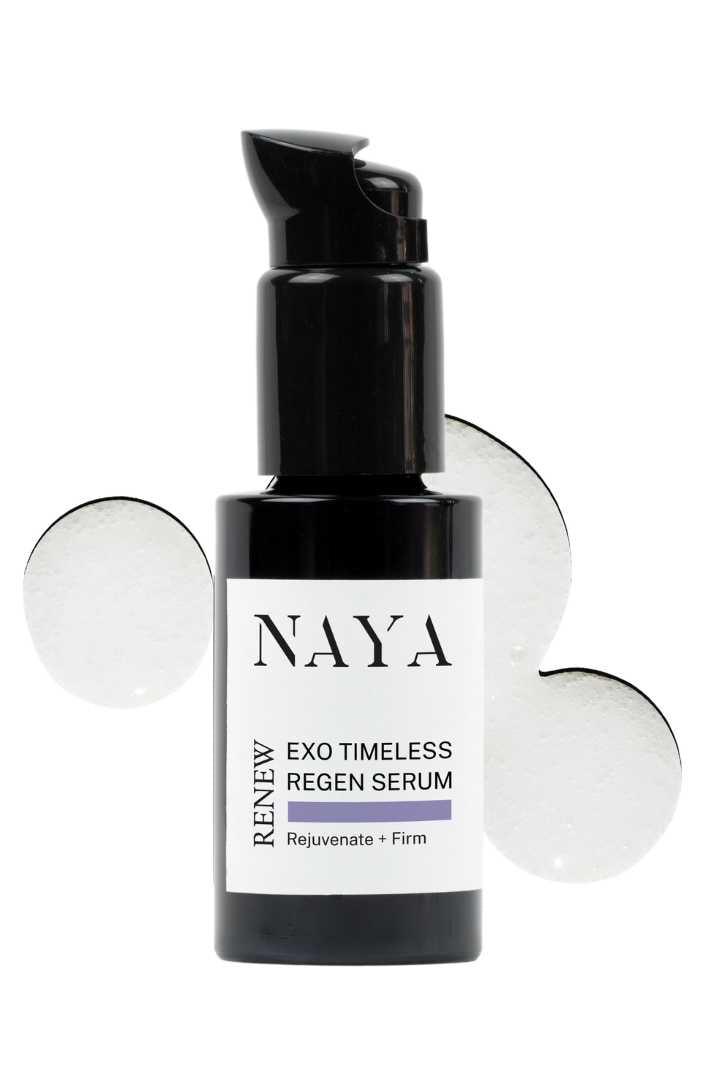
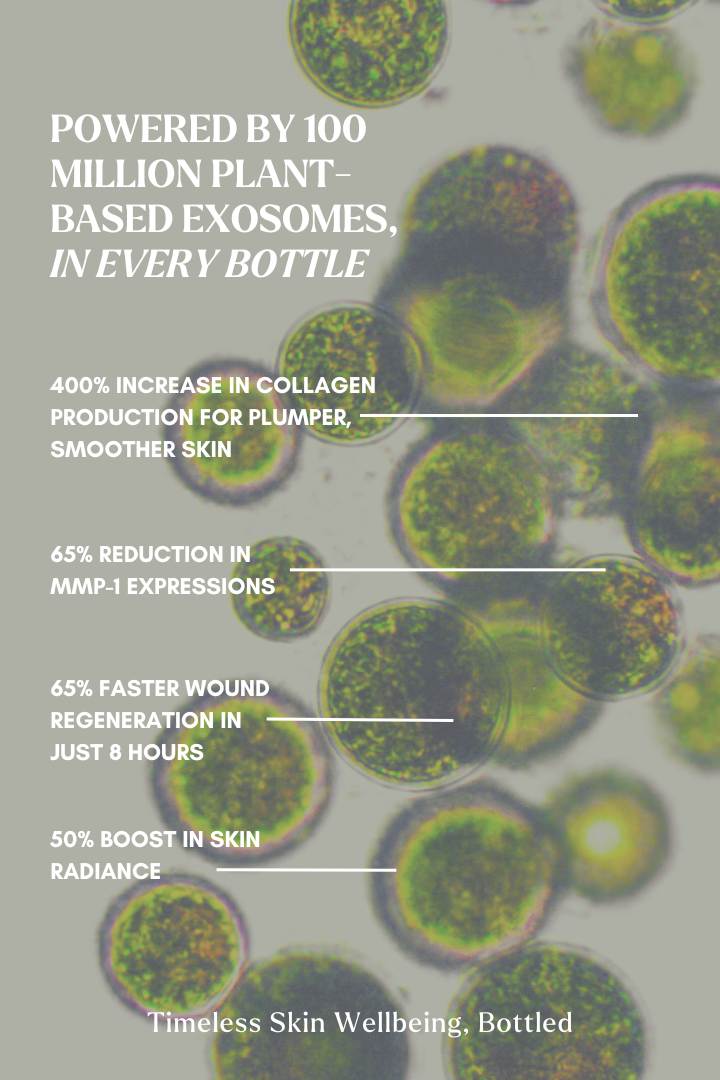
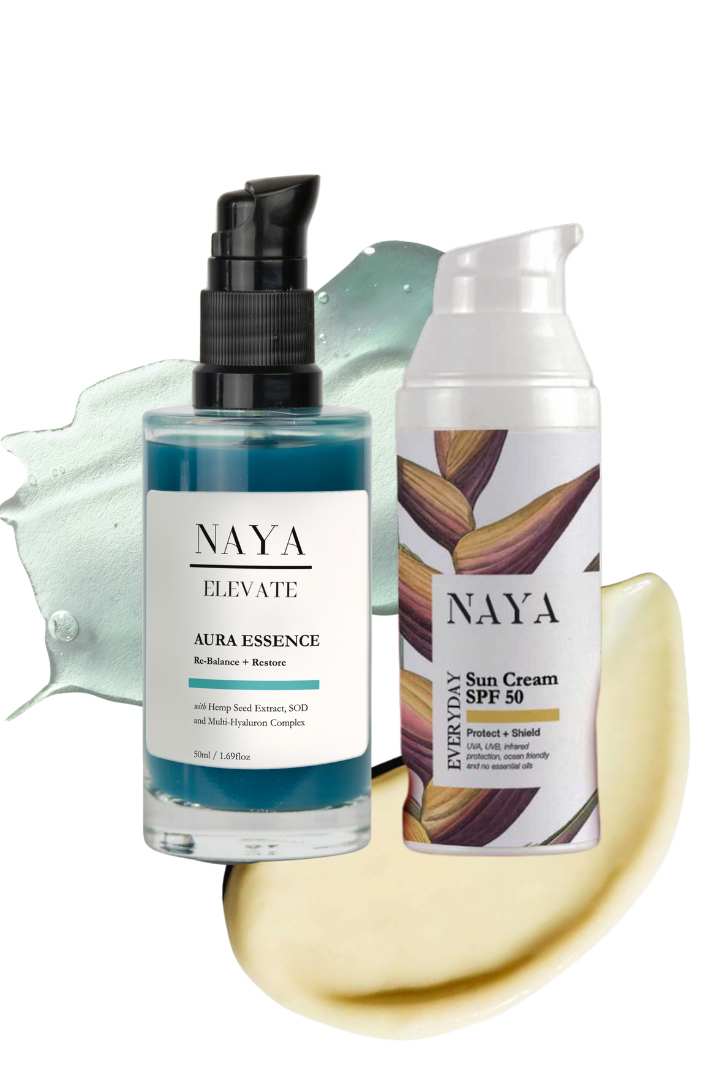

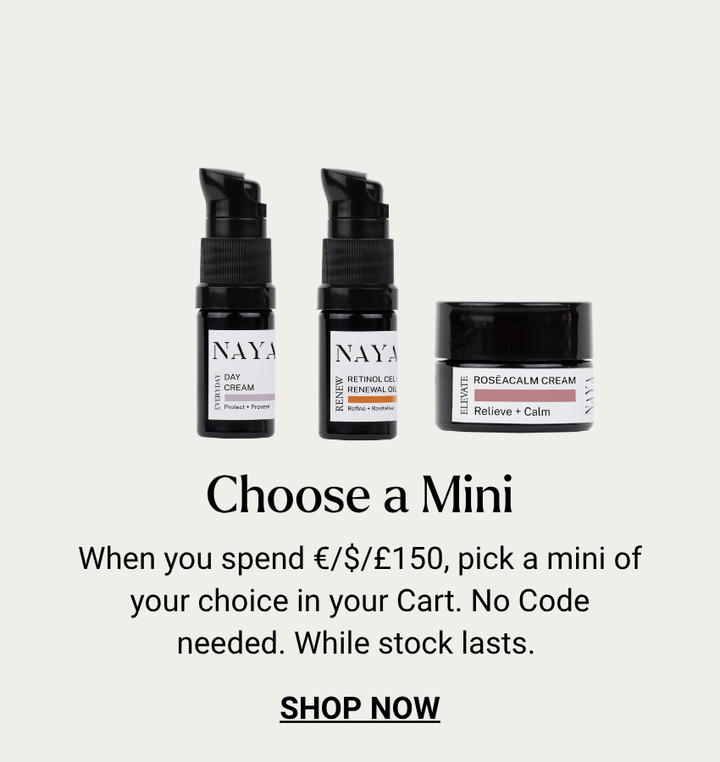
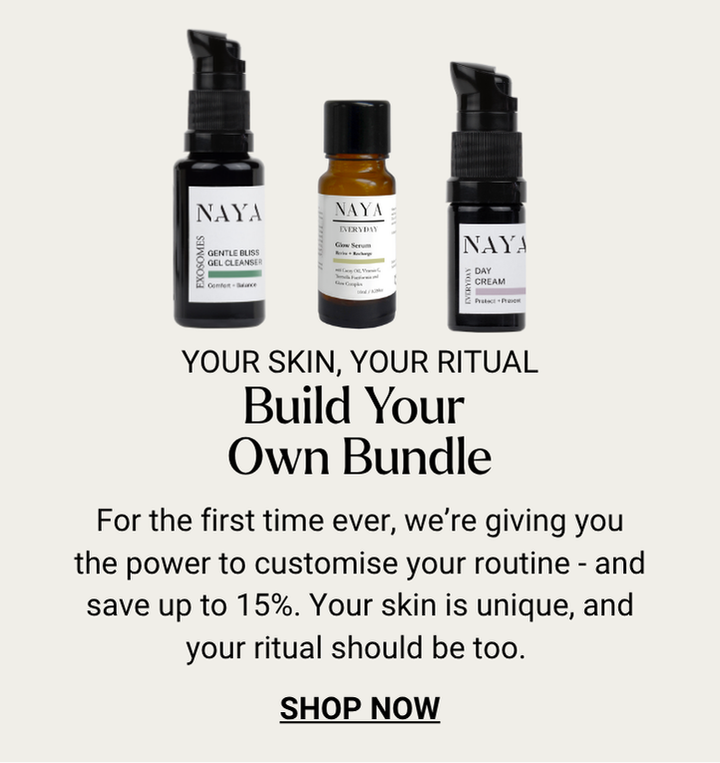

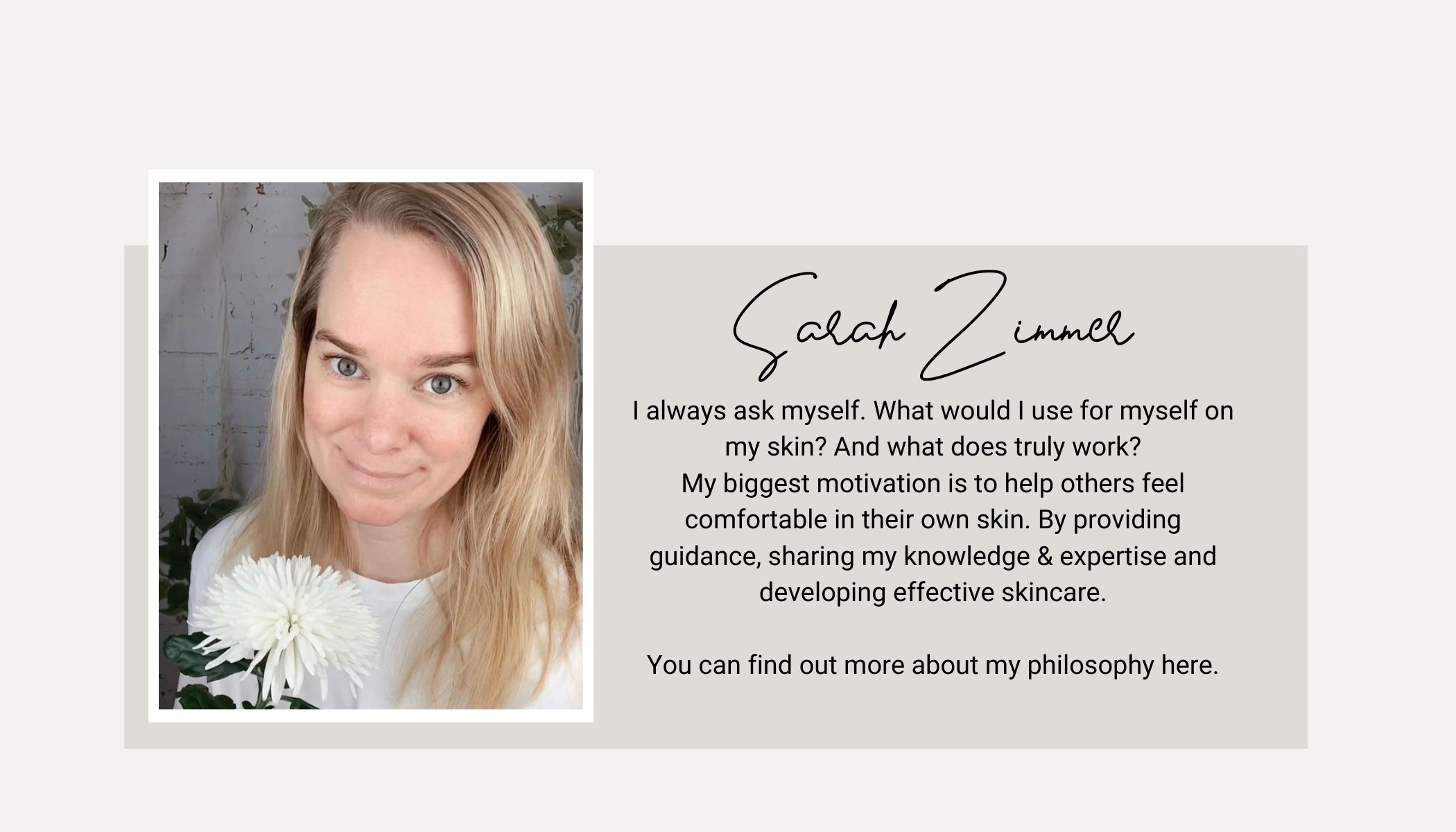




Leave a comment